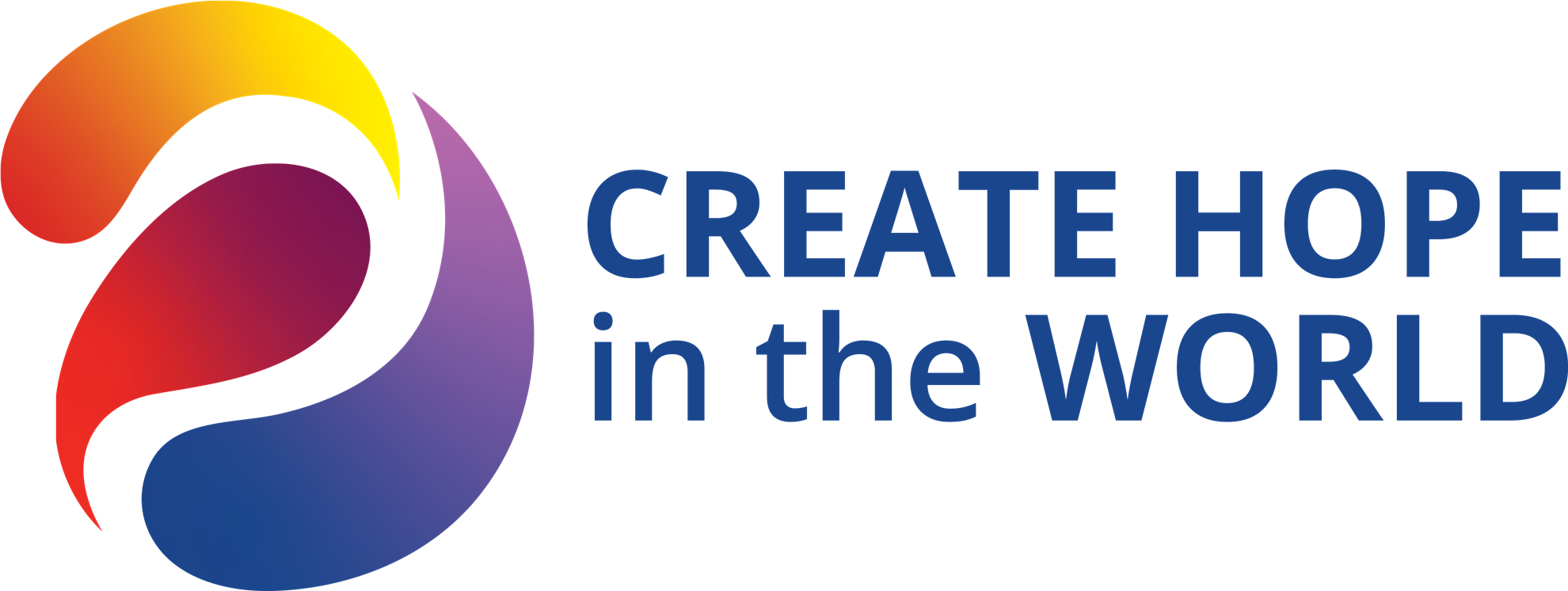 Our guest speaker this week, Philip Walsh, Executive Director of Maine Initiatives, helped us better understand how the current social media dynamic is being embraced and assisting the newer philanthropy to make fundamental decisions.
Our guest speaker this week, Philip Walsh, Executive Director of Maine Initiatives, helped us better understand how the current social media dynamic is being embraced and assisting the newer philanthropy to make fundamental decisions.
Mr. Walsh reaffirmed that we are in an ever-changing world and Maine, and greater Portland, in particular, is in a vibrant period of transition and adjustment is essential. It is surprising to few that grant giving, in order to be effective and of greatest impact, has to adjust. The old model of the formulaic filing of a request for grant funds is going the way of the typewriter and carbon paper. Maine Initiatives has naturally evolved and is in sync with the social dynamics we now experience. The fundamental function of every philanthropy is to make positive change by offering support for organizations that fit the givers mission statement. Maine Initiatives concentrates their support on those organizations involved in fostering “racial justice and racial equity” in Maine. Since Maine is a relatively monochrome society, the challenge is to find the best cohorts to further the mission of justice and inclusion.
Phil was impressed with the number of Portland Rotarians who have experience with the grant giving process. Most of us are familiar with the objective of grant giving, but not aware of the vetting and decision-making process. Currently, Maine Initiatives is awarding 10 grants of $25,000 every year. There are many well-intended, hard-working initiatives in Maine with a mission to assist an under-privileged, little-recognized segments of our society. In order to assure that the grant investments of Maine Initiatives provides the expected yield, they have developed a process of collaborative selection to provide “transformative community philanthropy”.
Phil has been involved with causes focused on societal justice throughout the Americas, and while working with the poor in Central and Southern America, he realized that poverty creates a distinct societal cohort that tends to be self perpetuating. While working in Nicaragua, Phil came to meet the “Watermelon Man,” a subsistence farmer who told him “we are the poor” and helped him to come to a better understanding of the insulating impact it imposes. The poor see themselves as outcasts and merely tolerated as part of the whole. This helped Phil to decide that if one wants to create long-lived, meaningful change, they have to include the intended beneficiaries, i.e. the poor or racially ostracized, in order to succeed. At Maine Initiatives it is realized that the giving of money is only part of the answer. The money, in and of itself, is not the answer….it is how it is going to be used and what the people are going to do with the support. The outreach of Maine Initiatives has made a difference with the grants and by becoming a new model for philanthropic giving.
Maine Initiatives has helped us concentrate on segments of our community that are too often invisible or ignored by the majority. As an overwhelmingly white state, it is easy for minorities to be overlooked. When the economy goes bad, it creates market gaps that can foster racial injustice that need to be tended to and not allowed to degenerate. By understanding that racial justice is a multidimensional process, the community can create a matrix fostering recognition and response. We know we can’t ignore the problem and hope that it will get better. Maine Initiatives is helping us come to terms with injustice by being aspirational in our search for equity and to assure that race and poverty does not become a predictive life outcome.

(Photo L-R: Steve Mortimer, Philip Walsh and President Don Zillman.)
